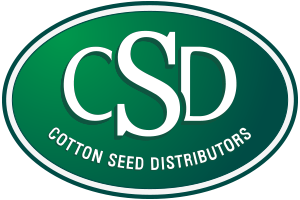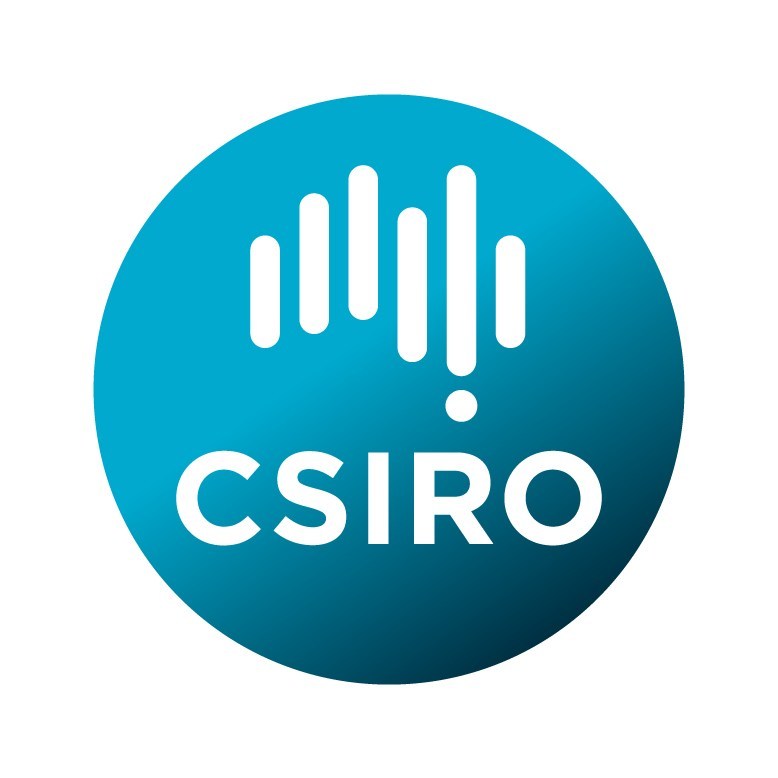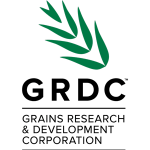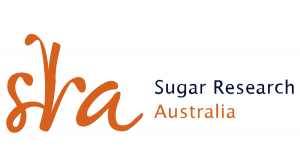Farming Systems Innovation
Our Research
The research team delivers outcomes by combining agricultural sciences, agricultural inputs and practices, agronomic production databases and precision agriculture technologies to efficiently manage agronomic and livestock production systems. Our researchers are involved in investigating soil and crop nutrient management efficiencies and effects of fertilisers, treated water from the resource sector and controlled traffic farming on soils and catchments.
The team is able to gather on-farm information pertaining to the variation and interaction of site-specific spatial and temporal factors affecting crop and livestock production. Information is then integrated with appropriate data derived from field scouting, remote sensing and other precision agriculture technologies in order to facilitate on-farm decision making. Information is used to prescribe and deliver site and enterprise specific application of agricultural inputs and management practices in agricultural production systems.
Our People
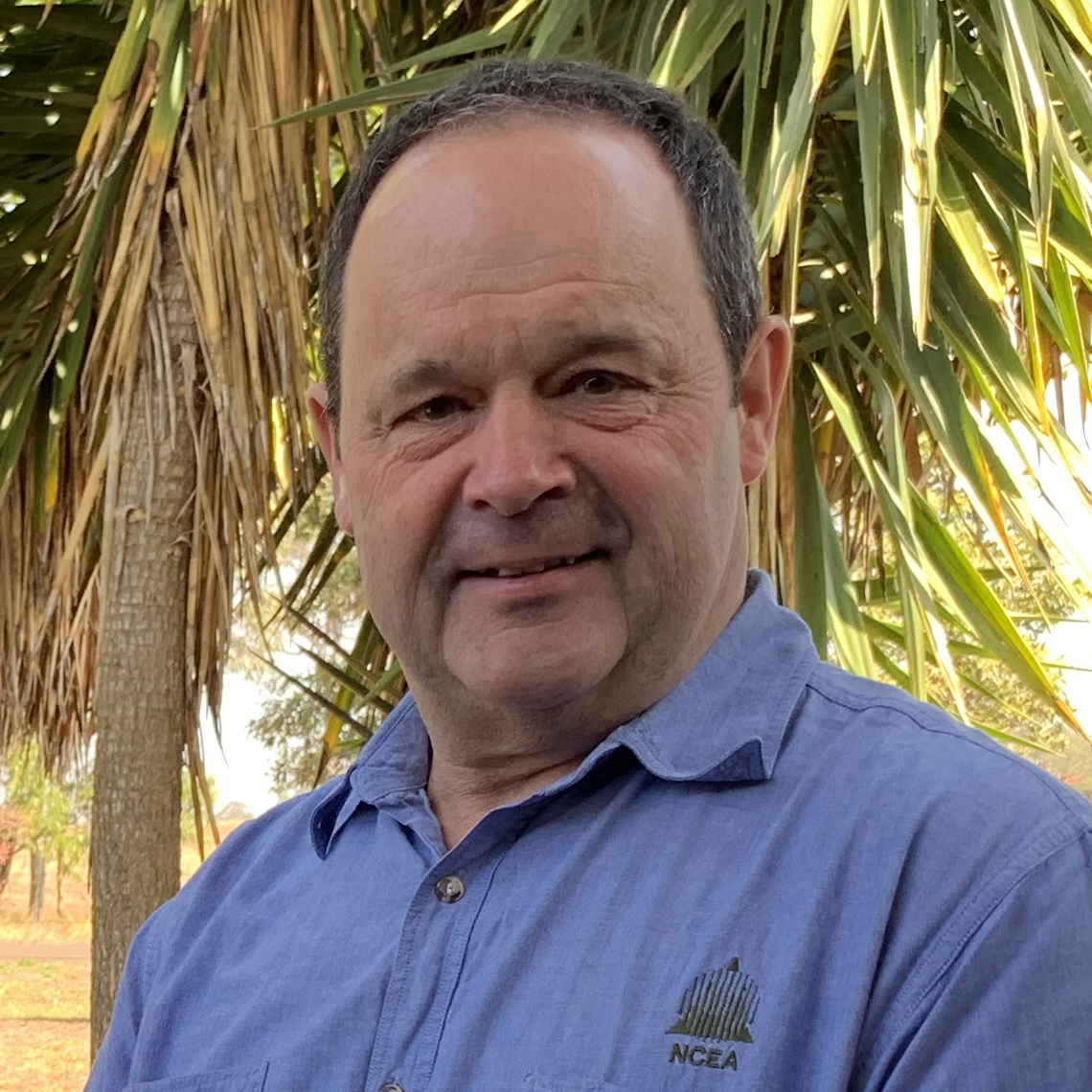
Assoc Prof Troy Jensen
Research Program Team Lead
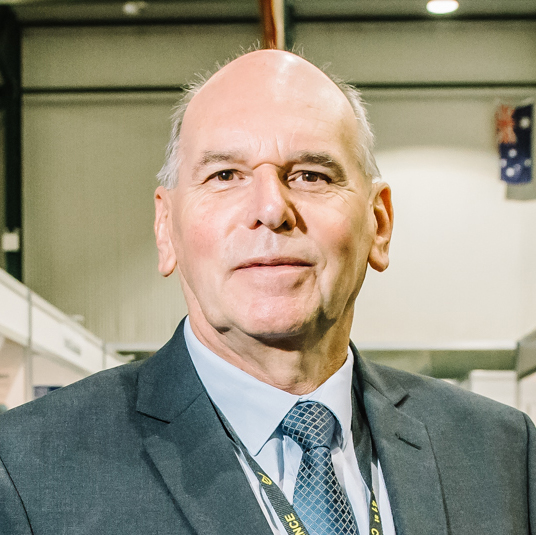
Prof Bernard Schroeder
Farming Systems

Bruen Smith
Mechatronic RESEARCH Engineer
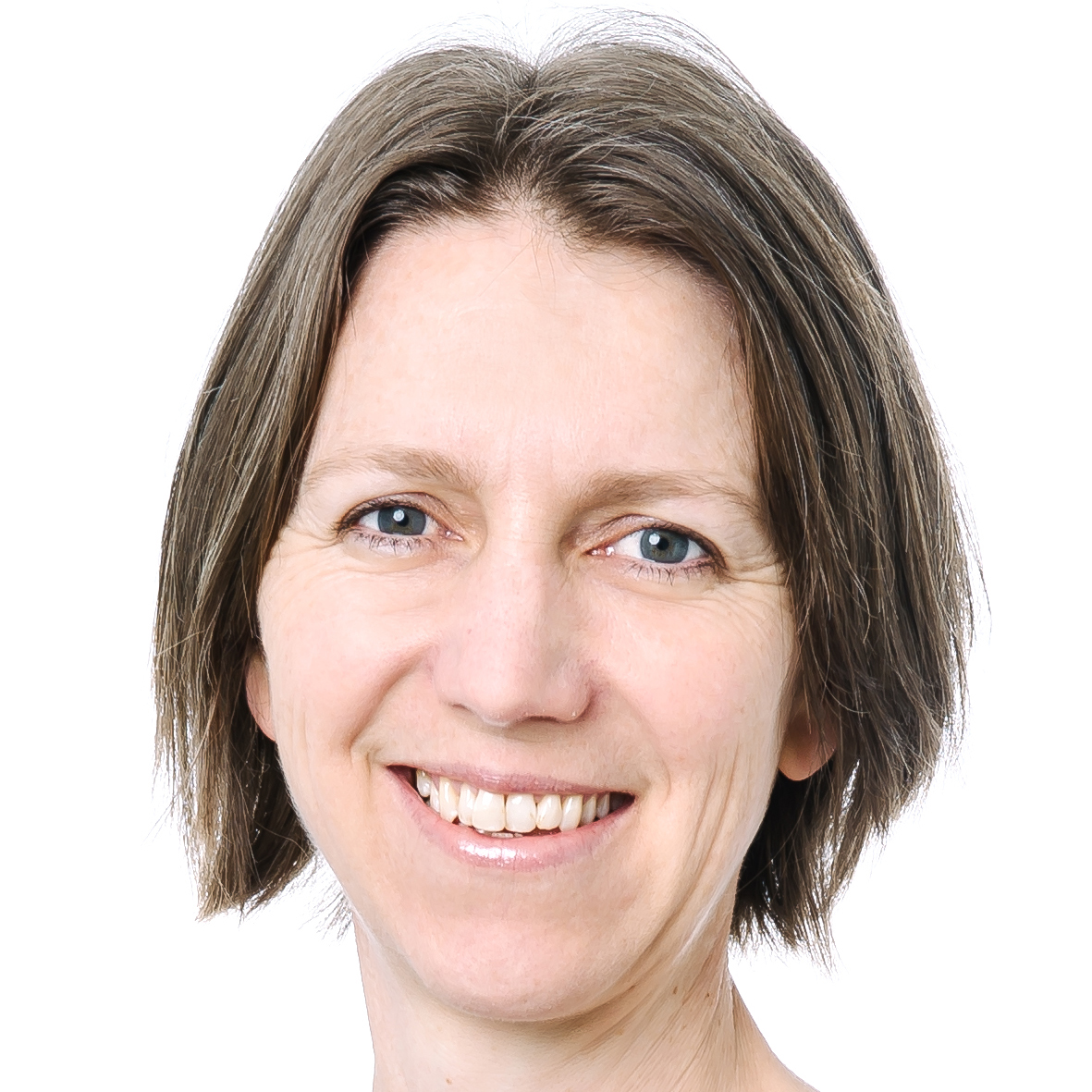
Dr Alice Melland
SENIOR Research Fellow
Key Projects
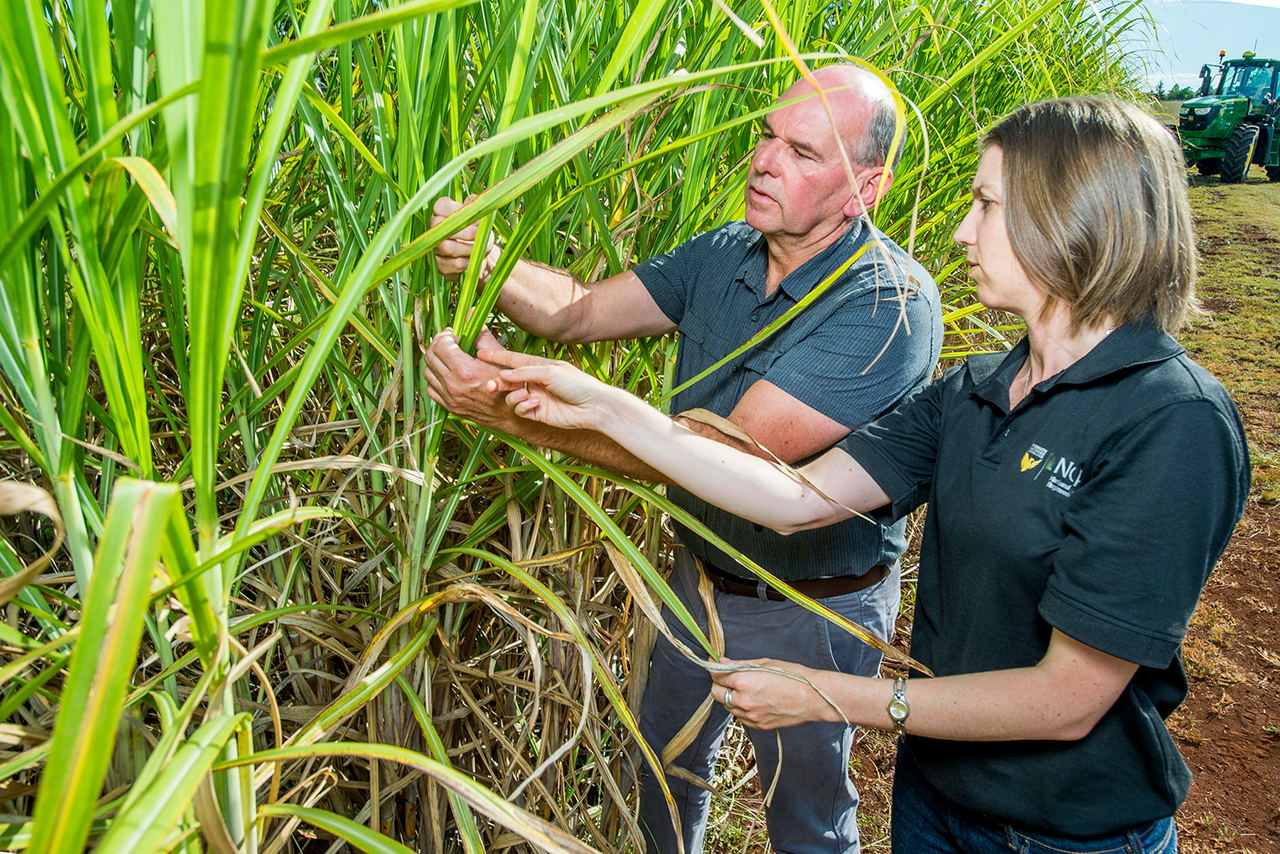
Assessment of new management strategies for marginal soils
Sugarcane grown on marginal soils has low yield potential and often requires high inputs (fertiliser, tillage, irrigation), leading to low profitability. This research is looking at developing a farming system that raises the productivity of sugarcane on marginal soils and increases industry profitability. This will allow further industry expansion in all sugarcane regions through improved productivity on marginal soils, increased awareness and testing of management practices and reduced environmental risk of nutrient loss from mill by-products.
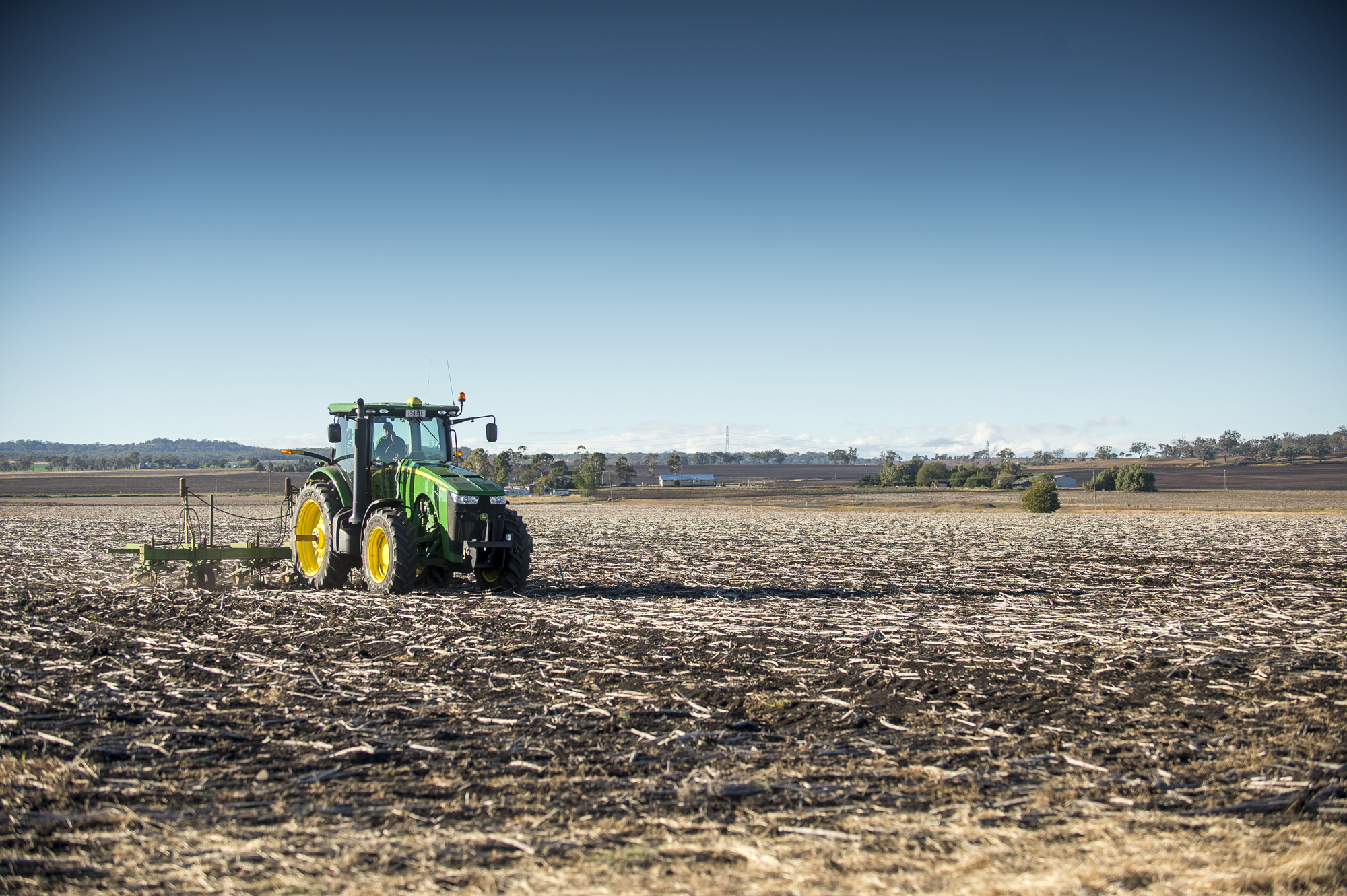
Unravelling the impacts of climate and harvest time on nitrogen fertilizer requirements
This project aims to improve profitability and fertiliser nitrogen use efficiency (NUE) without reducing productivity in the Herbert region. This region experiences extreme climate variability, which has a significant impact on yields, nitrogen (N) losses and season length. Understanding the impact of climatic conditions on N fertiliser requirements will allow years most responsive to applied N to be identified. More district specific N guidelines are needed to improve fertiliser NUE, protect industry viability and social licence to operate in environmentally sensitive areas.
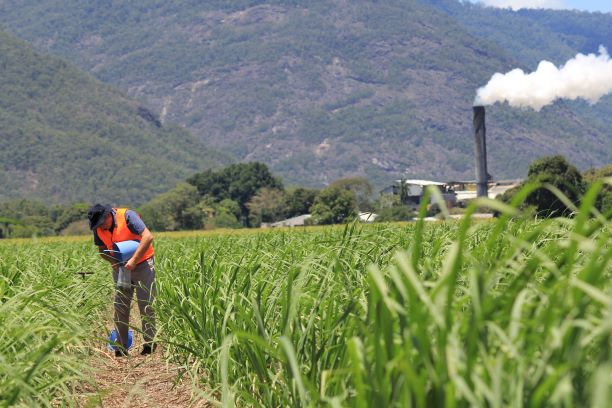
Six Easy Steps - continuing perspectives in time and space
This project offers the opportunity to update and refine the SIX EASY STEPS program that is currently accepted as the basis for nutrient best management practice (BMP) within the Australian sugar industry. It will enable the intended continuous learning cycle of the SIX EASY STEPS to be used within the package itself with the intended purpose of making new/or revised nitrogen guidelines and management options available to growers and their advisers. This approach aims to lead to increased productivity, profitability and nitrogen-use efficiency and effectiveness, and reduced impacts on the environment.
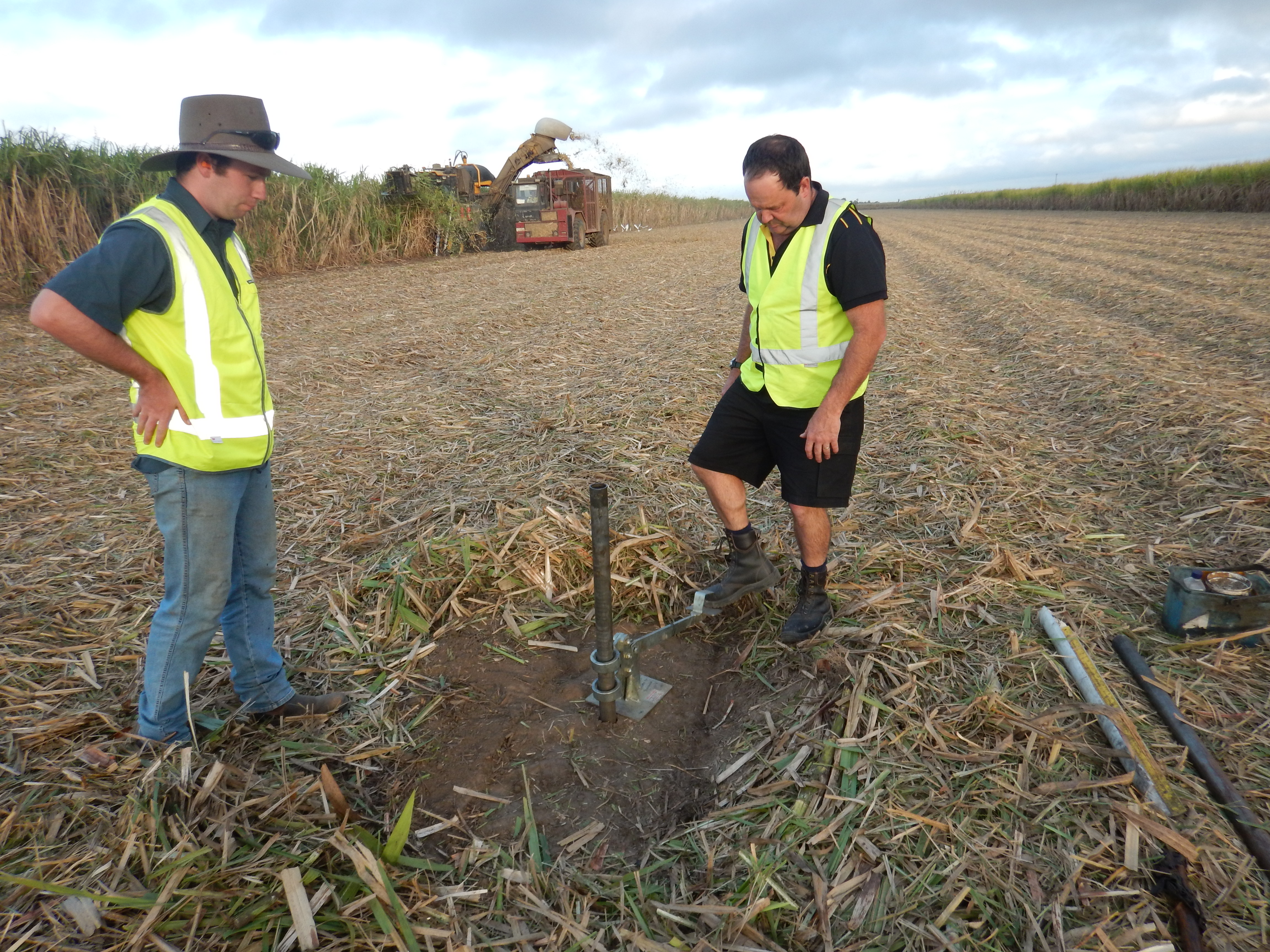
Measuring soil health, setting benchmarks and driving practice change in the sugar industry
It is widely recognised that soil health in sugar cane farming systems is poor, and that productivity gains could be made by improving the quality of our soils. Central to improving soil health is the ability to measure it. Currently there is no standardised soil health test commercially available to industry. The project will develop a soil health Toolbox for the sugar industry. The Toolbox will include DNA-based tests as well as tests of root viability, biochemical, physical and chemical measures. In the short-term benefits include on-farm cost savings derived from change to soil health promoting practices, such as reduced tillage. In the longer term, healthier soils are more resilient, disease suppressive and ultimately more sustainable.
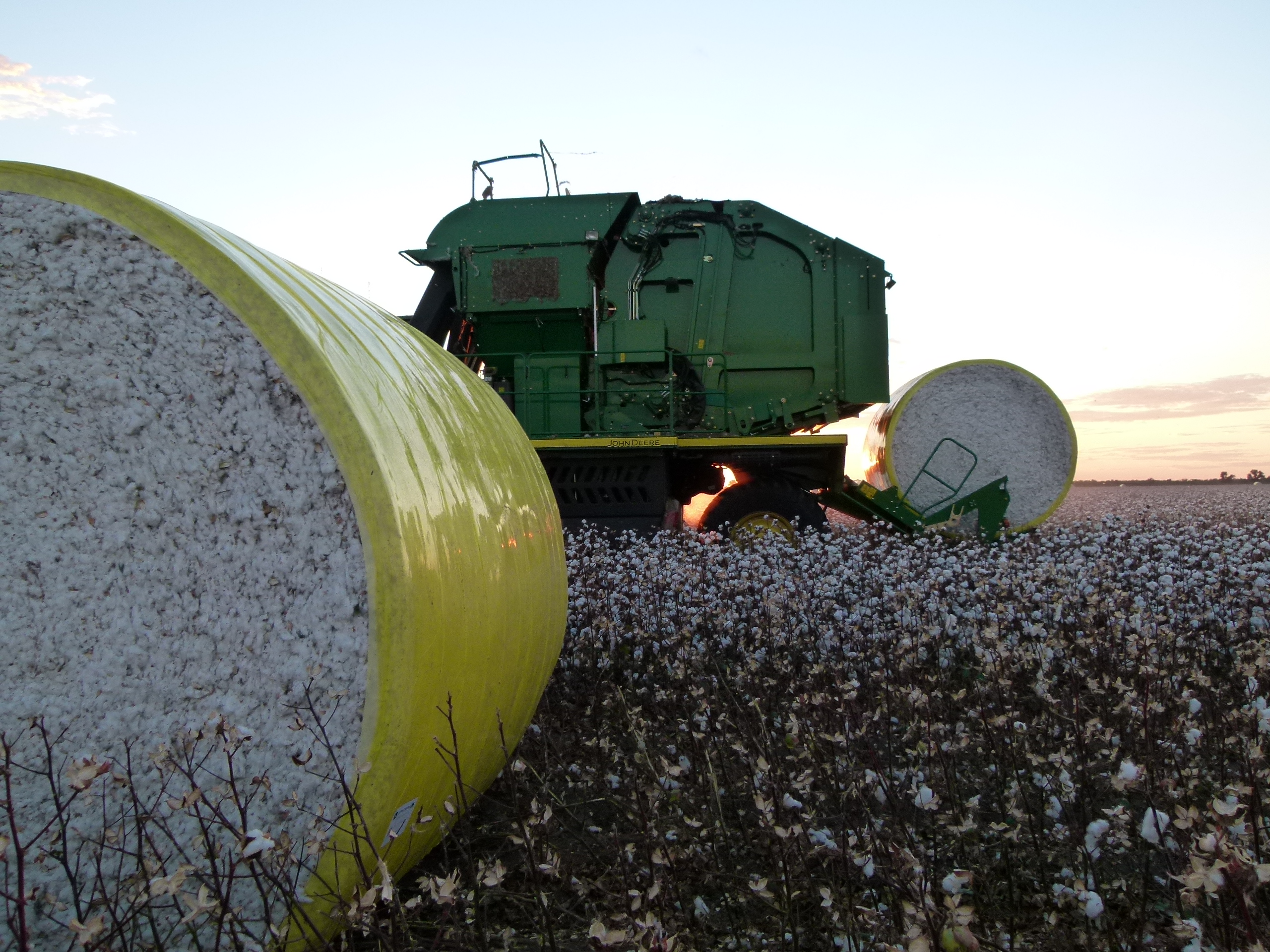
Automated cotton picker trial
The purpose of this project is to develop a new automated on-board weighing system for a commercial 4 row seed cotton picker. The system will be developed for the existing JD7760/CP690 pickers. USQ will develop a concept by working with John Deere to source cotton picker componentry and technology sold world-wide to customise a solution for CSD/CSIRO. This will include standard parts and equipment that are commercially available and sourced through the John Deere dealer network.
Posters and Flyers
Research Partners

